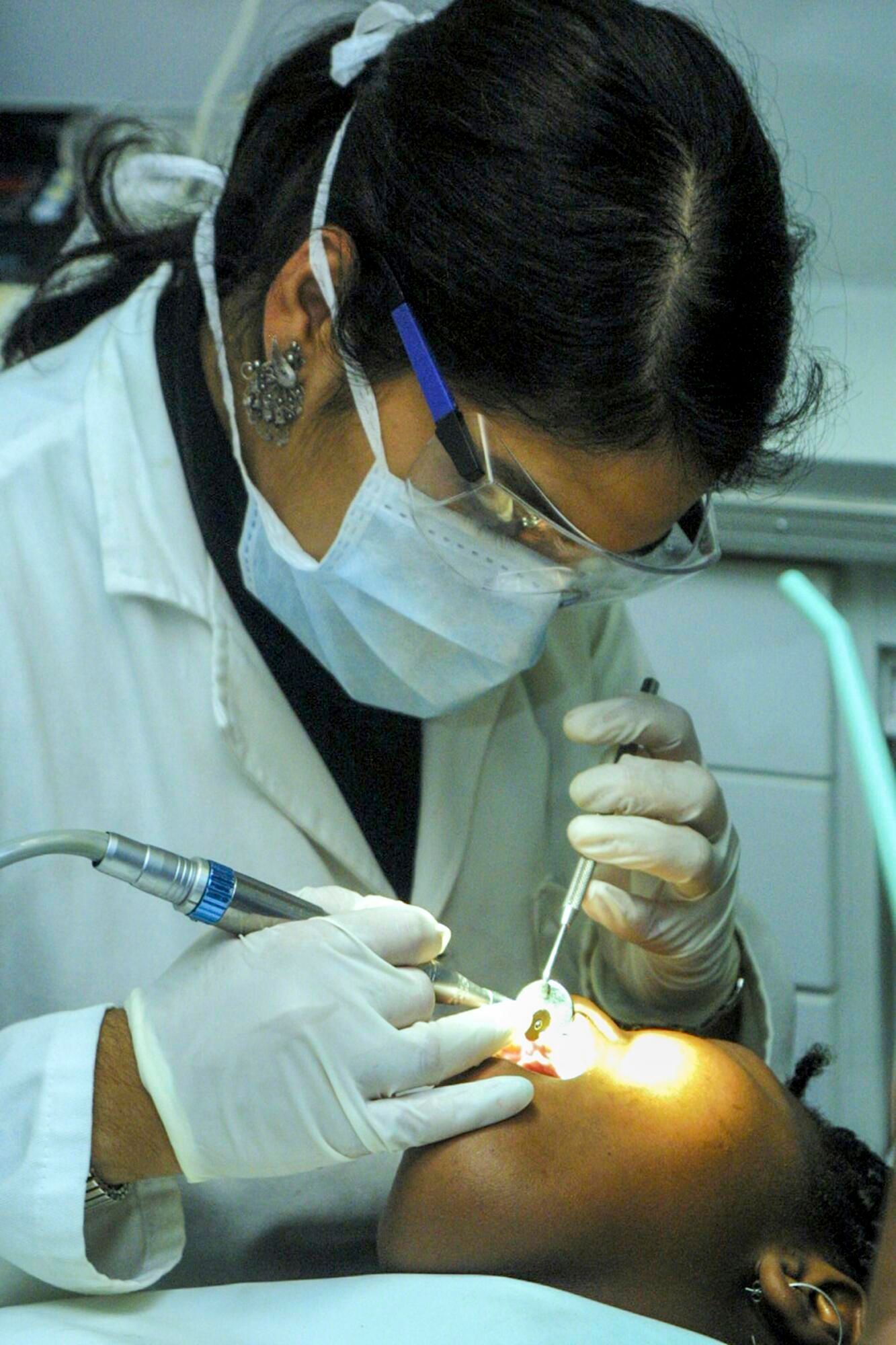Are you suffering from persistent pain even after a root canal? Is chewing becoming a challenge and speaking becoming suffering?
If the answer to either of these questions is "yes," you may want to look into apicoectomy surgery.
Here, we will examine what this surgery entails and how it can benefit those suffering from oral health problems. Read on to address the root of your pain (no pun intended).
What Is Apicoectomy Surgery?
People's teeth are held in place by roots. These roots extend through the gums and into the jawbone. These roots:
- Keep teeth stable and intact
- Contain nerves that give you feeling in your teeth
- Ensure that your jawbone gets nutrients to your teeth while eating
Unfortunately, these critical tooth roots can get damaged easily. Sometimes, a non-invasive root canal can save your teeth when the pulp in your teeth gets infected or damaged. But if a standard root canal procedure does not work, you will need to get apicoectomy surgery.
Also called "root-end surgery," an apicoectomy may be the right choice for those who have:
- Persistent infections or damage in a tooth's roots
- Sensitivity and inflammation in the tissue surrounding the roots
- One tooth root crowding the one beside it
During this dental apicoectomy procedure, an oral surgeon will remove the inflamed or infected root tip and the surrounding tissue in an attempt to remove all traces of the problem, stopping present pain and decreasing future risks.
The aim is to save the affected tooth or teeth from removal. In addition to saving at-risk teeth, this tooth-saving dental surgery can prevent potential complications with infected or injured roots, nerves, and pulp.
How Does the Dental Apicoectomy Procedure Work?
Before an apicoectomy, an experienced oral surgeon will consult with you. This is a chance to ask any questions about the procedure and restate your worries. You will understand what will happen well before the surgery begins.
On the day of your root-end surgery:
- Surgeons will administer local anesthesia for comfort
- An incision is made in your gums near the tooth, giving the surgeon access to the inflamed or infected tissue there
- The surgeon will remove the tooth root's tip
- The surgeon seals the root canal's end with a small filling
- A few stitches seal the gum tissue shut, bringing your mouth back to normal
After that, the patient goes home. The bone around the end of the root heals within a couple of months, containing the tissue and saving the tooth.
Root-End Surgery Benefits: What Patients Should Know
The main benefit of an apicoectomy is that it saves your natural tooth. Those who opt for an extraction must spend time and money replacing the newly missing tooth. They will also need to undergo another uncomfortable dental procedure to do so.
After an apicoectomy, your mouth can heal independently. You keep your tooth and the confidence you have in your oral aesthetic.
Apiectomies also:
- Prevent infections from developing or spreading to other areas of your mouth
- Relieve pain caused by infection of the root endings
- Prevent future complications with the tooth due to damaged roots
It is also a minimally invasive procedure. While it does involve surgery and local anesthesia, those getting an apicoectomy do not usually need to go fully under. It is a routine procedure, and there is nothing to worry about.
However, one of the most significant benefits of root-end surgery is its effectiveness.
2020 studies show that 97% of patients with apicoectomies still had positive results up to five years after the procedure. By the time 10 years had elapsed, over 75% of cases were still experiencing excellent results.
When you invest in apicoectomy surgery, you can rest assured that you are getting a procedure with long-term benefits as well as short-term pain relief.
However, to reap these results, it is important to act quickly after your doctor recommends root-end surgery. If you do not, the infection in the root of your tooth could spread to those around it, requiring more attention. Your pain levels could also increase greatly.
What to Expect During Endodontic Surgery Recovery
Recovering from an apicoectomy surgery is a reasonably quick process. Most people can resume their everyday lives just a few days after their procedure.
During this time, you will likely experience:
- Discomfort
- Minor swelling
- Small amounts of bleeding
This is entirely normal and is not a cause for concern.
Care for your incision appropriately to make the most of your recovery period. Some apicoectomy aftercare tips include:
- Taking prescription pain medication as directed
- Using ibuprofen for additional relief when you are not on prescription painkillers
- Rinsing your mouth with salt water every couple of hours
- To decrease swelling, repeat applying an ice pack to your face for 20 minutes, removing it for 20 minutes, and reapplying it for 20 more minutes.
- Eating exclusively soft foods like soups, mashed potatoes, and eggs
- Avoiding the surgical area on your first day of brushing
- Brushing your teeth gently after that, especially in the surgical area
These actions will make recovering from your procedure more manageable and less painful.
Make sure to ask your dental surgeon any questions you have about recovery after the procedure. They will give you expert tips to ensure you heal quickly and seamlessly.
Follow professional directives and monitor your progress carefully. This will enable you to report your oral health status accurately during follow-up appointments.
Get Tooth-Saving Dental Surgery in Tampa, FL
Now that you understand what apicoectomy surgery entails, it is time to get your oral health back on track.
Tersa Oral and Facial Surgery is excited to help Florida residents live pain-free lives while saving their natural teeth.
We are committed to thoroughly discussing your specific needs before developing a treatment plan, so contact us today to learn more about how we can help you.




